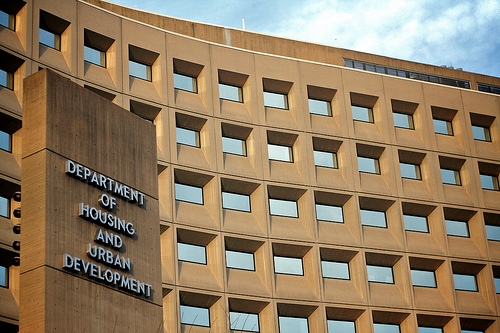
FHA Seeks 40-Year Mortgage Modifications

Proposed rule change sees opposition due to unclear effect on lenders
The Federal Housing Administration wants to allow mortgages to extend to 40-year terms. The federal agency suggests the move would protect borrowers against default if they had lower monthly payments.
The proposal says this change would also align FHA with modifications available to borrowers with mortgages backed by Fannie Mae and Freddie Mac, which both currently provide a 40-year loan modification option.
“The 40-year mortgage remains rare but has become more commonly recognized in the mortgage industry,” the FHA said. In addition to Fannie Mae and Freddie Mac, the National Credit Union Association also allows for 40-year mortgages and a federal credit union may set the maturity date for modified or refinanced mortgages beyond the regulatory 40-year maturity limit as long as the terms of the original loan were no more than 40 years.
Also, the U.S. Department of Agriculture allows for loan modification up to 40 years where certain conditions are met above the requirements for a 30-year loan modification. The FHA added, “By allowing 40-year loan modifications, HUD would align with the GSEs, NCUA, and USDA and ensure that FHA borrowers receive comparable opportunities for home retention.”
In its filing, the FHA said, “Allowing mortgagees to provide a 40-year loan modification would support HUD's mission of fostering homeownership by assisting more borrowers with retaining their homes after a default episode while mitigating losses to FHA's Mutual Mortgage Insurance (MMI) Fund.” The FHA added move would allow for more sustainable monthly payments.
The Mortgage Bankers Association is still reviewing the proposed modification. A spokesman said it would submit written remarks at some point during the 60-day comment period.
The FHA is also saying the move could protect those homeowners granted forbearance during COVID-19. In its filing, the administration says, “Additionally, borrowers impacted by the COVID-19 pandemic, including those who may re-default in the future after having received a loss mitigation option under COVID-19 policies, may need a 40-year loan modification to obtain affordable monthly payments that would allow them to stay in their homes. This would also reduce losses to the MMI Fund as fewer properties would be sold at a loss in foreclosure or out of FHA's real estate-owned (REO) inventory.”
The FHA has no expectations owners will be using the full term of the modifications. It said in its filing, “FHA data indicates that the average life of a 30-year FHA-insured mortgage is approximately seven years, although it is possible that prepayment behavior could be different with a longer-term loan.”
Research by MarketRate.com shows a borrower would pay over $114,000 more in interest on a 40-year mortgage on a $326,000 loan. Monthly payments, though, would drop from $1,687 to $1,504.



